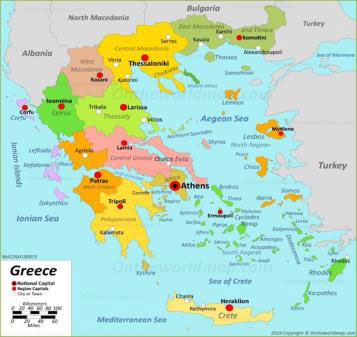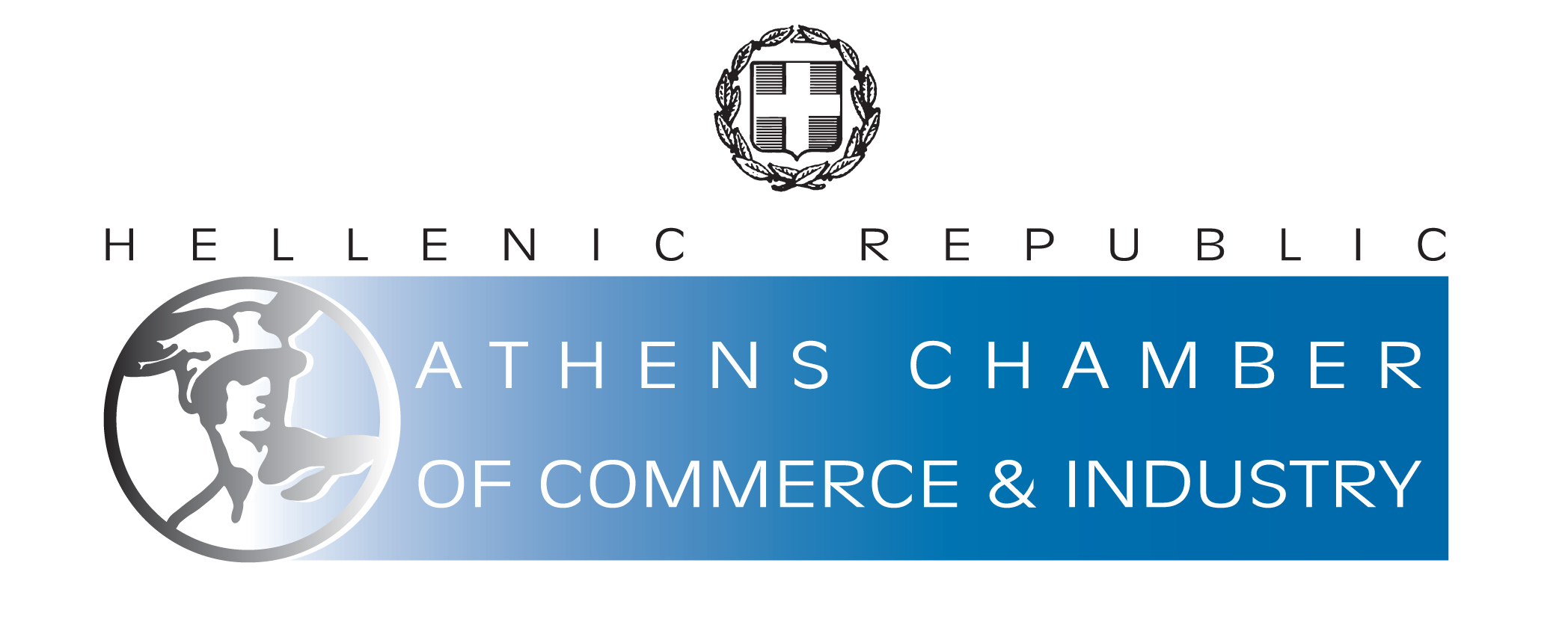 Current Situation and Best Practice Analysis
Current Situation and Best Practice Analysis
The Work package 3 called “Current Situation and Best Practice Analysis” which overall scope were the assessment of the current situation and the identification of best practices in the field of Business Angels Market and Technology Transfer is divided in three related actions and started in the middle of 2019:
Action 3.1 Study for the current situation of the Business Angels (BA) market and Technology Transfer (TT). The activity lead partner here was University of Athens (UOA). The partner prepared templates and samples which were used later by all partners in their work and researches. All partners conducted a study on their respective countries (UOA, EG and ACCI for Greece, CUT for Cyprus, RCCI for Bulgaria, ECM for North Macedonia). The study was completed and in beginning of 2020 all partners had a moment snapshot of the current situation of the Business Angels market and TT. The study confirmed that business angels play an important role in funding innovative enterprise with 93% of their most recent investments being in firms engaging in process or product innovation; they have substantial shares in firms developing marketing, organizational, or business model innovations. Business angels are high net worth individuals (HNWIs) who make direct investments with their own money, either with others or on their own, in unquoted businesses with which they have no family connection. Business angels normally invest in the form of equity finance in the hope of achieving a significant financial return when they sell their interest in the business. Typically, they will also take an active involvement in their investee businesses.
Action 3.2 One study for BA and TT best practices. The activity leader was RCCI. An important finding in the study was that a major problem, which is characteristic not only for Bulgaria but for the countries of Southeast Europe in general, is the lack of business skills in entrepreneurs to internationalize and do international business. In 2018, the internationalization of start up entrepreneurship in the country was 7.4%, making Bulgaria one of only four economies in the survey with a level below 10% along with Poland, the Netherlands and Spain. GEM concludes that the growth of technological entrepreneurship in Western Europe and in Bulgaria is proof of growing resilience and of capitalizing on high quality tech talent.
Action 3.3 One study visit for BA and one study visit for TT with activity leader: UOA. The Study visits were planned for the 1st quarter of 2020 but because of the World pandemic crisis with Covid 19 all European countries entered in lock down and restrictions were applied. In this situation the activity was postponed till the moment when the situation will allow it to take place.
 DEVELOPMENT OF TOOLKIT FOR THE SUPPORT CENTERS AND EXPECTED RESULTS
DEVELOPMENT OF TOOLKIT FOR THE SUPPORT CENTERS AND EXPECTED RESULTS
As part of WP4 “Support mechanism” the activity started with the initially development of short description per category made by all partners. Following a discussion by all partners the tools were chosen to be analyzed in detail. Partners divided the work and there were analyzed and prepared: strategy tools, operations tools, marketing tools, legal, intellectual property, presentation, financial, tools for the operation of BANs, technology transfer tools. Development of toolkit for the Support Centers aim was based on the findings of WP 3 and relevant toolkit was developed (e.g. patent, IP and company valuation, ‘sanity check’ of accelerated companies, due diligence tools, elevator pitch templates, code of conduct for BANs). The goal behind the development of these tools was later to be used for help of Startups & Small to Medium Enterprises (SMEs), Angel Investors and Business Angel Networks (BANs), Support Centers & Technology Transfer Offices (TTOs) reinforce the cooperation between each other and speed up the acceleration process. After building up the toolkit it helps businesses with resources to develop and grow. One priority is to ensure businesses have access to development solutions to support their success.
And the Support centers are kind of resource providers organizations including accelerators and incubators, economic development organizations and sector
specific business support groups. The project consortia stared developing the training packages which are addressed to the stuff of the support Gazelle
and business angels aiming to invest in Gazelles””. Based on the developed tools and training packages, the consortium is also developing a curriculum, which will be the basis of the accelerator initiative for the selected innovative SMEs. They will use the services of the support centers and will receive valuable guidance on how to support and accelerate their business.
 BUSINESS ANGELS AND TECHNOLOGY TRANSFER SUPPORT
BUSINESS ANGELS AND TECHNOLOGY TRANSFER SUPPORT
Implementation of an intensive business acceleration program for selected innovative SMEs is supported by two important institutions: the angel market and the technology transfer. In order to test and improve the support mechanism 35 innovative SMEs (10 in Greece, 10 in Cyprus, 10 in Bulgaria, 5 in North Macedonia) will go through an acceleration program in order to introduce their new product and services to the market. Among these 35 innovative companies, 9 will have the chance to cooperate with universities and research institutions in the form of technology transfer agreements. Universities are society’s greatest conduit for advancing medicine, technology, agriculture and public health, thereby improving quality of life globally by transforming research into innovation. This process, known as technology transfer, begins with identifying discoveries that are protectable and marketable from a broad range of invention disclosures, and shepherding those technologies into the commercial marketplace where they can improve lives and drive growth. Technology transfer professionals make sure intellectual property is optimally protected and search for qualified commercial partners who can bring these discoveries to the marketplace. After finding the right commercial partner or startup company, they manage that relationship to ensure the technology is successfully and diligently developed. The right commercial partner can spark more innovation at the university, and thus more economic activity beyond its borders. It is here that the role of the angel investor is important, who can help the innovative enterprise to obtain technology by investing in it.
In this way, technology transfer supports all the pillars of the new global economy: innovation, technology, entrepreneurship and knowledge and the business angels can financially secure the whole process. In order to assess the importance and significance of how practically useful the technology transfer centers are, a study visit will be organized in such a center and one visit in the Business Angels Network. As this was related to organization of travels during the pandemic situation, the consortium postponed the implementation of the study visits for the autumn of 2021.
 Gazelle Partner Meetings in 2020/June 2021
Gazelle Partner Meetings in 2020/June 2021
Although the global Covid-19 pandemic broke out during this period and physical meetings between the partners were impossible, work on the project continued intensively. The members of the consortium organized periodic virtual meetings, where they discussed the upcoming activities, shared the current work and difficulties that can be overcome. During this period, the partners held several virtual meetings, exchanged important information about project management, reporting, organization of work during the pandemic. The consortium worked on developing the tools for the support centers and the virtual platform. Options for study visits were also discussed and the selection of the two significant Actors, the Technology Transfer and Business Angels. Generally the partners observed their project engagements and did their best to overcome the obstacles arose because of the pandemic situation.

